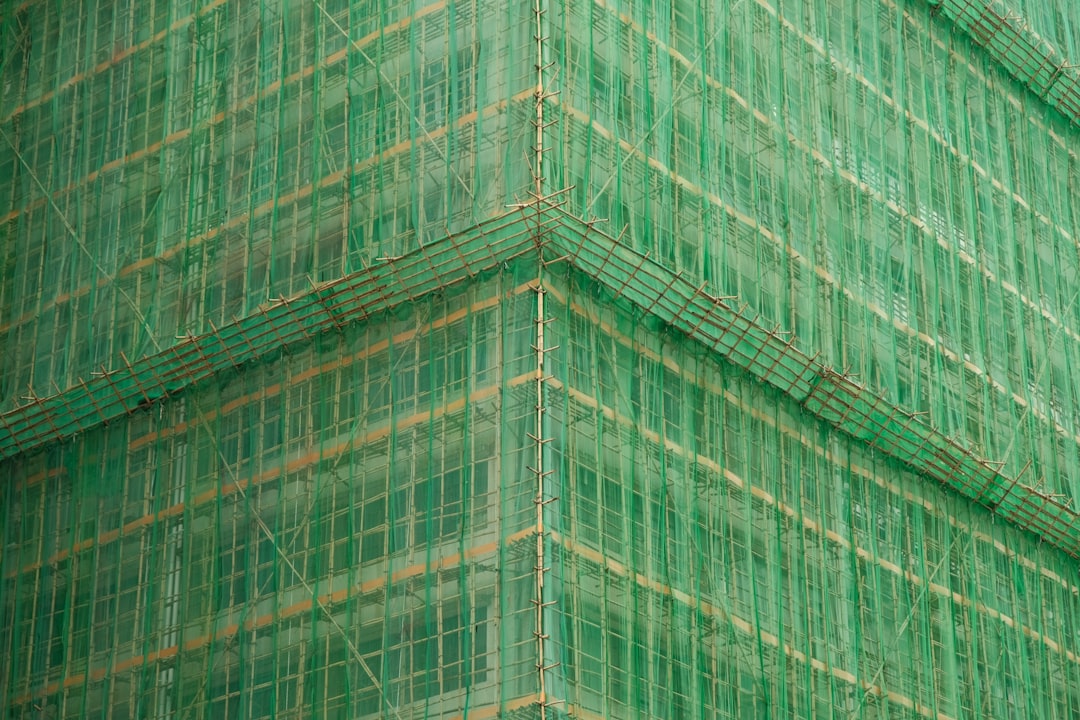CountBricks Guide: Patio Costs per Square Foot Explained
Price source: Costs shown are derived from our proprietary U.S. construction cost database (updated continuously from contractor/bid/pricing inputs and normalization rules).
Eva Steinmetzer-Shaw
Head of Marketing
Understanding Patio Costs per Square Foot in 2026
For construction professionals planning outdoor projects, understanding 'patio costs per square foot' is crucial. This metric influences design scope, material selection, and overall project value. As of February 2026, patio costs can range significantly based on materials and labor. For example, entry-level concrete patios can cost between $8–$12 per sq ft per square foot, while luxury porcelain options may reach $25–$50 per sq ft per square foot. Staying informed on these costs helps ensure accurate budgeting and client satisfaction.
Key Factors Influencing Costs
- Base preparation: excavation, sub-base gravel, compaction, drainage fabric
- Material selection: concrete, pavers, natural stone, porcelain, or composite decking panels
- Labor intensity: site access, slope correction, pattern complexity, edge treatments
- Finishes & protection: sealants, color hardeners, polymeric sand, joint stabilizers
- Extras: seating walls, fire features, integrated lighting, conduit for future utilities
Each element can impact costs by $5–$25 per sq ft per square foot. Utilizing tools like CountBricks' AI engine can streamline the estimation process, providing precise line-item estimates quickly.
Average Patio Price Ranges in Milwaukee
- Entry-level brushed concrete: $8–$12 per sq ft
- Mid-range colored stamped concrete: $15–$30 per sq ft
- Modular concrete pavers: $20–$35 per sq ft
- Premium natural stone bluestone: $25–$50 per sq ft
- Luxury porcelain pavers on pedestals: $25–$50 per sq ft
Note: These totals include a standard 4" compacted base in average soil conditions. Additional factors like frost-susceptible soils or difficult access can increase costs by 15-25%.
How CountBricks Generates Accurate Numbers
- Voice-to-Estimate: Capture measurements and preferences on site; AI fills the estimate template instantly
- Live Material Feeds: Integration with suppliers ensures up-to-date pricing
- Blueprint Takeoffs: Upload PDFs for automatic cost code assignment
- Task-Based Costing: Verified labor rates for each project phase
Cost-Saving Strategies Without Sacrificing Quality
Optimize layout: A 12'x16' rectangle minimizes material waste compared to irregular shapes.
Choose mid-market materials: Stamped concrete can mimic stone at a lower cost.
Leverage off-season scheduling: Early spring and late fall may offer labor discounts.
Bundle projects: Combining projects can reduce equipment mobilization costs.
Five Pro Tips for Patio Project Success
- Confirm soil bearing capacity to avoid future settlement
- Use polymeric joint sand to deter weeds and insects
- Specify edge restraints compatible with freeze-thaw cycles
- Plan conduit runs for future lighting before pouring concrete
- Require a written warranty covering surface scaling and efflorescence
Case Spotlight: Brookfield Family Retreat
The Thompson family utilized CountBricks for a 600 sq ft backyard retreat, achieving a cost of $24.30 per sq ft per square foot for colored stamped concrete. The project was completed with zero change orders and a 40% faster approval cycle.
Why Contractors Choose CountBricks
- AI accuracy reduces estimate padding
- Voice interface for on-site convenience
- Instant invoices convert estimates to pay requests
- Cloud archive for warranty and maintenance data
Explore more at CountBricks.com.
Deep Dive: Material Choices and Their Impact on Patio Costs per Square Foot
Material selection is a primary factor in patio pricing. Here's how different materials perform in Midwest climates and their cost implications.
Concrete
- Pros: Fast install, low cost, versatile coloring
- Cons: Prone to scaling if not sealed; requires control joints
- CountBricks Advantage: Database tags concrete mixes by PSI for upselling stronger mixes.
Pavers
- Pros: Replaceable units, excellent freeze-thaw flexibility
- Cons: Higher labor hours, requires maintenance
- CountBricks Advantage: Automated pattern calculators reduce waste.
Natural Stone
- Pros: Premium look, high resale value
- Cons: Irregular thickness, higher shipping costs
- CountBricks Advantage: Live freight APIs ensure accurate delivery charges.
Porcelain on Pedestals
- Pros: Lightweight, stain-proof, ideal for rooftops
- Cons: High material cost, requires precise installation
- CountBricks Advantage: Blueprint takeoff engine recommends pedestal heights.
When to Update Your Price Book
- At every supplier price bulletin
- After regional labor contract renewals
- When fuel surcharges change significantly
CountBricks automates updates, ensuring your estimates remain accurate. Learn more at CountBricks.com.

